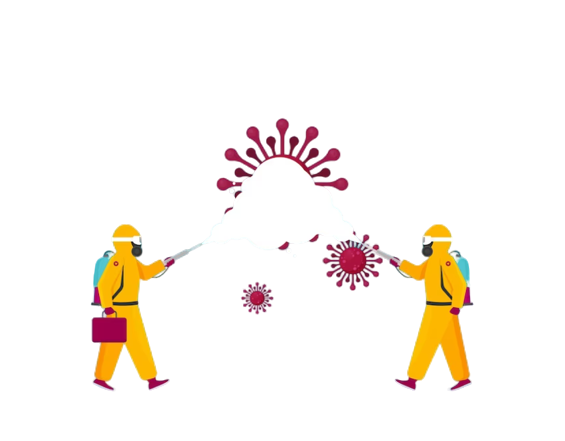

Covid Variants in India
India is currently undergoing the ever-increasing second wave of the Covid-19 virus.


Covid Variants in India
India is currently undergoing the ever-increasing second wave of the Covid-19 virus. Some well-known medical experts have come forward with their assumptions about the situation in India. Many believe this dreading scenario is primarily due to the mutation in the virus. While vaccination drives are taking place with full fledge, the efficacy rates are varying with differences in mutants.
Viruses tend to modify their fundamental structure, using their core genetic material RNA undergoing transformation and sequence mutations, the alarming factor is that the new strains that are now being spotted in India are far more fatal than the initial ones reported in 2020. Along with India, these mutations were previously found in U.K., Brazil and South Africa.
The central research organizations in India, such as Indian Council For Medical Research (ICMR), Centre for Cellular and Molecular Biology (CCMB), and several medical professionals along with government agencies have hence undertaken tremendous efforts to research the genetic makeup of coronavirus strains in nasal and throat swab samples collected from people affected in the second wave.
The novel coronavirus strain which instigates COVID-19 invades the human body with special components known as spike proteins present on its surface. These spike proteins often alter their sequence of compounds and proliferate in the host i.e. human beings. The three COVID-19 variants identified in India have shown altered structures of spike proteins, making them more infectious with the ability to transmit the viral disease faster.
Variant 1- B.1.617
- Originally detected in India in October 2020.
- Has about 13 – 17 mutations in the spike protein.
- Associated with high viral load in infected persons, but not with a high fatality rate
Variant 2- B.1.618
- First detected in India in April 2021.
- Research is ongoing as to how many mutations are present in the spike protein, but few have been spotted overlapping with that of B.1.617.
- Variant Of Concern (VOC), spreads rapidly among people in close contact, but no increased mortality rate detected.
Variant 3- N440K
- Initially observed in India in April 2021.
- Found to be 15 times more virulent than previous SARS-CoV-2 strains which emerged last year in 2020
- Variant Of Concern, very high rate of transmissibility but not linked to severe symptoms of fatal instances.


